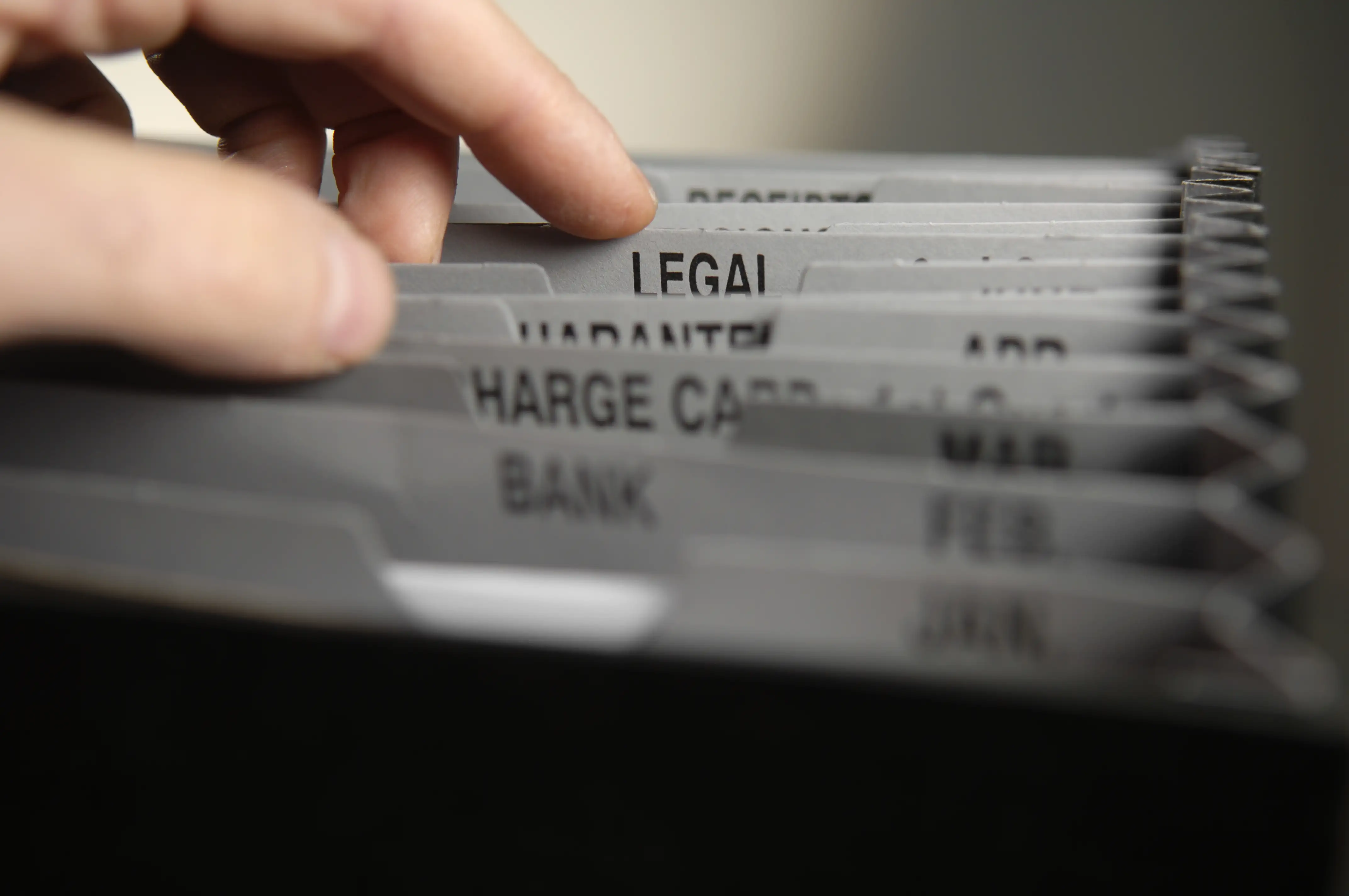
Politics & Society
The game is up for corporate fraudsters

ATO officers have broad powers of information collection, but how far can they legally go when that information is protected by client professional privilege?
Published 7 October 2024
Many readers will know the concept of legal professional privilege from US TV shows and movies like the Tom Cruise hit film The Firm, an adaptation of the John Grisham novel of the same name.
In the film, Cruise’s young lawyer sets out to act consistently with his legal and ethical obligations but faces threats and inducements from the authorities to turn over confidential client information – information the government believes will implicate his firm and its clients in wrongdoing.

The privilege – sometimes referred to as ‘client professional privilege’ or ‘client legal privilege’ – is a fundamentally important, basic right recognised in many legal systems, including all Australian jurisdictions.
It protects the confidentiality of information communicated between a client and lawyer – but only under certain circumstances.
For example, confidential communications with the main purpose of securing legal advice, or for use in existing or reasonably anticipated litigation are legally protected from being disclosed to third parties, including other parties in legal proceedings and the government.
This encourages the full and frank exchange of information, enabling the client (who may be an individual, but also a company or government) to receive proper advice and representation from their lawyer.

Politics & Society
The game is up for corporate fraudsters
It is a crime in all Australian states and territories to "unduly influence" a lawyer to breach relevant ‘professional obligations’ like legal professional privilege, or even to attempt to do so.
But legal professional privilege is not absolute.
For instance, client-lawyer communications for the purpose of facilitating ongoing or proposed legally dubious conduct (like fraud or other crimes) are not protected.
Privilege can also be removed by laws of Parliament, as was the case with the James Hardie (Investigations and Proceedings) Act 2004 (Cth).
However, clear and unambiguous words or a high degree of certainty as to this intention are required for such an outcome.
With all this in mind, let’s consider the activities of the Australian Taxation Office (ATO).

The ATO has broad powers to collect information, even over the objection of clients or their lawyers.
For example, Schedule 1 to the Taxation Administration Act 1953 (Cth) allows the ATO Commissioner or an “authorised individual” to legally access premises for taxation purposes, with an entitlement "to full and free access at all reasonable times to any documents, goods or other property”.
However, these powers are still implicitly subject to legal professional privilege.
Put simply, privileged information is not considered to be legally available to the ATO, without client consent, despite the otherwise broad ambit of the regulator’s coercive access powers.
In other words, the ATO cannot lawfully obtain documents from a lawyer if they were given to the lawyer by a client seeking legal advice, unless the client agrees that they can be handed over.

Politics & Society
Australia’s pawnbrokers are too lightly regulated and that’s a problem
Worryingly, well-meaning but overzealous ATO officers, in pursuit of their laudable objective that the legally ‘correct’ amount of tax is paid, may expose themselves to criminal culpability if they seek to unduly influence lawyers in relation to legal professional privilege.
As a result, they could end up in the ignominious position of themselves breaking the law at the same time that they are angling to ensure that others comply with (a different side of) it.
How might ATO officers "unduly influence" lawyers and/or their clients to disregard privilege?
They could, for example, say that client professional privilege should be surrendered, “unless, of course, your client has something to hide”.
The insinuation here is that claiming privilege is an admission of guilt.

Or they may simply put pressure on lawyers: “Just get your client to drop the privilege claim. It will go better for them and for you.”
Instances of this kind of conduct were presented in a 2021 public submission of the Law Institute of Victoria in response to the then-draft version of the ATO’s legal professional privilege protocol, which was subsequently finalised and issued in June 2022.
The Institute sought my independent expert view regarding the potential issues raised by this reported conduct, and the Institute agreed with my analysis that the implications were concerning.
The conduct described should, at the very least, give rise to ethical, if not legal, circumspection and eliminated.

Politics & Society
Is it time to tax ‘old money’?
A noted Supreme Court judge once observed: “Experience should teach us to be most on our guard to protect liberty when the government’s purposes are beneficent … The greatest dangers to liberty lurk in insidious encroachment by men [sic] of zeal, well-meaning but without understanding.”
To avoid the potential of criminal conduct, ATO officers should receive comprehensive training in the laws around privilege and be made aware of the consequences of non-compliance – both legal and reputational – for themselves and for their organisation.